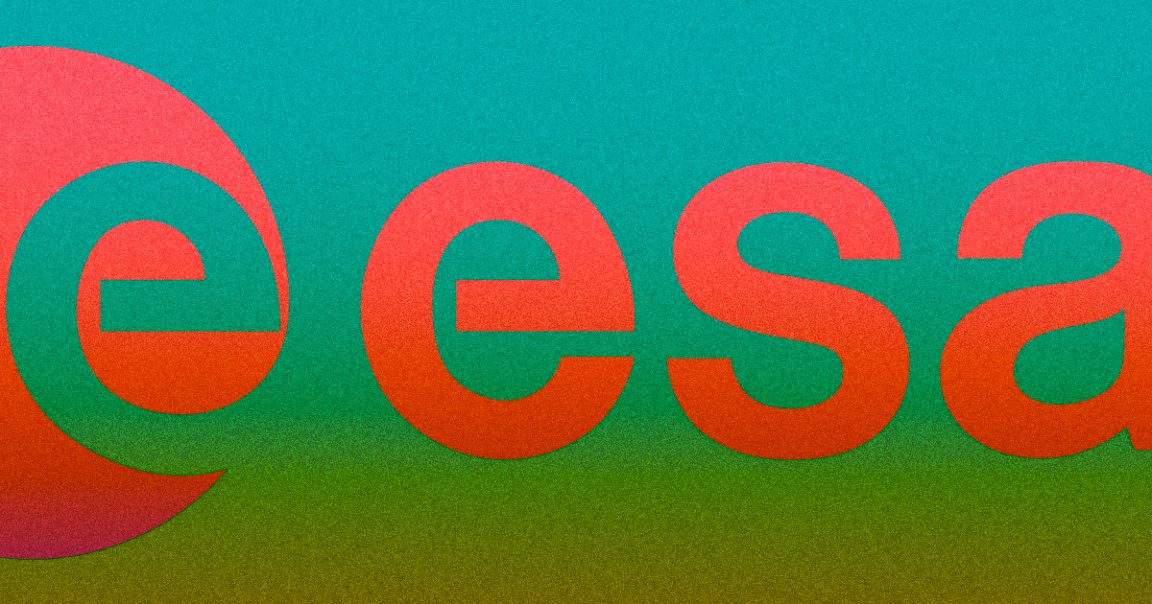
Recruitment Drive
The European Space Agency (ESA) is about to hold its first astronaut recruitment drive in 11 years, and it’s hoping to make the future of space exploration more representative.
The new drive is focused on making crewed space missions more diverse, according to The Associated Press. That means the ESA wants to send more women into space — 495 of the 560 people to ever leave Earth have been men. And, in a world first, the ESA announced that the “time has come” to open the astronaut application process to those with physical disabilities — a huge step toward better inclusivity and representation in space programs.
Parastronaut Feasibility Project
The entire recruitment process will take 18 months, after which the ESA will choose a new cohort of astronauts from the pool. For the entire history of Earth’s space programs, people with physical disabilities have been excluded from the process due to physical requirements meant to prepare crewmembers for the rigors of life in space. But the ESA is now opening those doors, through what it’s calling the Parastronaut Feasibility Project.
“Representing all parts of our society is a concern that we take very seriously,” ESA Human and Robotic Exploration Director David Parker told the AP. “Diversity at ESA should not only address the origin, age, background or gender of our astronauts, but also perhaps physical disabilities.”
Changing Landscape
The ESA’s push for a more inclusive space program isn’t just important from a symbolic standpoint. It could also lead to the development of new tools that make space travel simpler and safer. Not only for the people who need specific equipment or considerations, but for everyone else who would benefit from the new avenue of research as well.
“We are looking towards the Moon… and Mars,” ESA director general Jan Worner told the AP. “We need very excellent astronauts for the future. To go farther than we ever have before, we need to look wider than we ever have before.”
READ MORE: European Space Agency seeks diversity in new astronaut drive [The Associated Press]
More on astronaut selection: Breaking: NASA Announces Its Moon Landing Astronauts